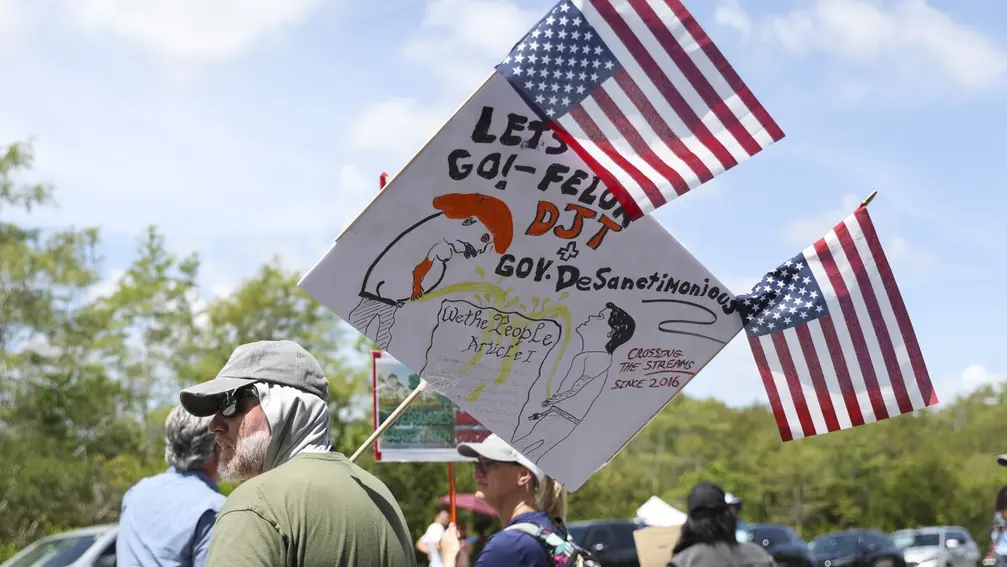T4K3.news
Judge rules Habba cannot continue as U.S. Attorney in New Jersey
A federal judge says Habba was unlawfully serving as interim U.S. Attorney in New Jersey and the matter may be appealed.
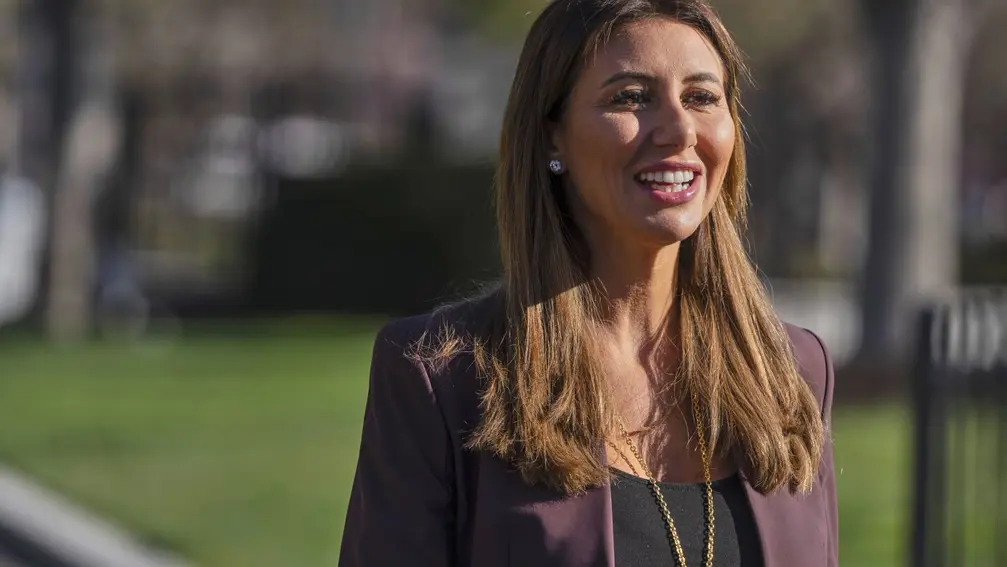
A federal judge ruled that Alina Habba has been unlawfully serving as the interim U.S. attorney in New Jersey after her term expired, raising questions about appointment rules.
Judge Rules Habba Illegally Serving as U.S. Attorney in New Jersey
A federal judge ruled that Habba’s interim term ended in July and that the Trump administrations moves to extend her tenure without Senate confirmation did not follow federal law. The court said the actions since July may be void and put the order on hold to allow an appeal. It remained unclear who would run the office if she is sidelined. A spokesperson for Habba did not immediately respond.
The decision could trigger challenges to other U.S. attorneys named by the Trump administration without Senate approval after temporary terms ended. The case followed defendants who challenged Habba’s authority to prosecute their cases. Attorney General Bondi said the administration would appeal, praising Habba in public statements and vowing to protect her position from what she called activist judicial attacks. The judges argued that temporary appointments are meant to be limited by law and require Senate advice and consent.
Key Takeaways
"Faced with the question of whether Habba is lawfully performing the functions and duties of the office of the United States Attorney for the District of New Jersey I conclude that she is not"
Brann asserts the core finding of illegality
"Taken to the extreme the President could use this method to staff the United States Attorney’s office with individuals of his personal choice for an entire term without seeking the Senate’s advice and consent"
Brann warns of wider implications
"Prosecutors wield enormous power and with that comes the responsibility to ensure they are qualified and properly appointed"
Defense lawyers comment on authority and process
"doing incredible work in New Jersey and we will protect her position from activist judicial attacks"
Bondi comments on the case and anticipated appeal
The ruling tests a broader pattern in which administrations use quick, temporary appointments to avoid Senate votes. It reinforces the idea that routine checks and bipartisan support still bind federal offices. If upheld, the decision could curb similar moves and restore a clearer path for future appointments.
The political stakes are high because U.S. attorneys shape how federal law is enforced in key states. The case may provoke backlash among allies who view appointments as necessary to pursue aggressive agendas, while opponents see it as a necessary guardrail against executive overreach. The outcome could force nominees to endure the full confirmation process, slowing action on trials and policy priorities.
Highlights
- Rules matter more than a single appointment
- Checks and guardrails keep justice from becoming a tool
- Power needs paperwork not a shortcut
- An orderly process is the backbone of fair prosecutions
Risks to Appointment Norms and Potential Backlash
The ruling tests the limits of how interim U.S. attorneys can be appointed and could affect similar cases across the country, with potential political backlash.
The case tests how far procedural guardrails will be respected in federal appointments.
Enjoyed this? Let your friends know!
Related News
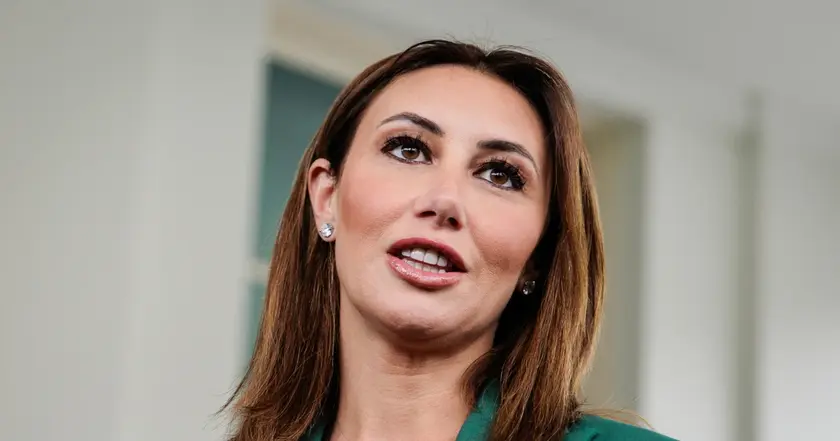
Ruling Finds Habba Appointment Unlawful

Trump withdraws Habba's nomination for U.S. attorney

Alina Habba fired as US attorney in New Jersey

Criminal trial postponed as defendant contests attorney's authority
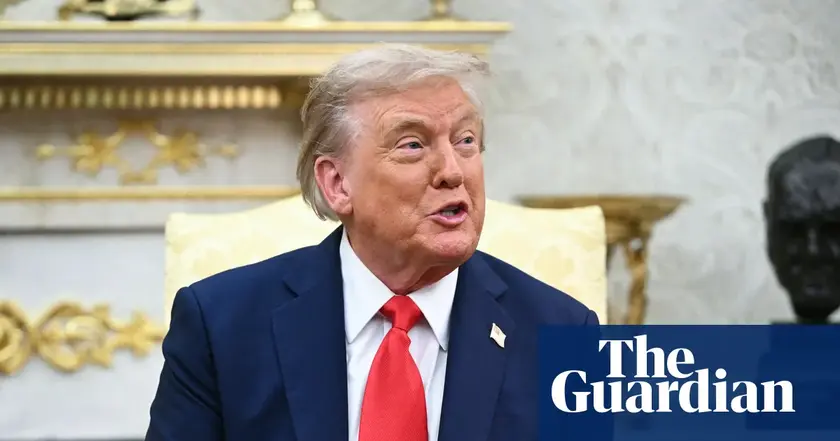
New York Court Reverses Trump Civil Fraud Penalty
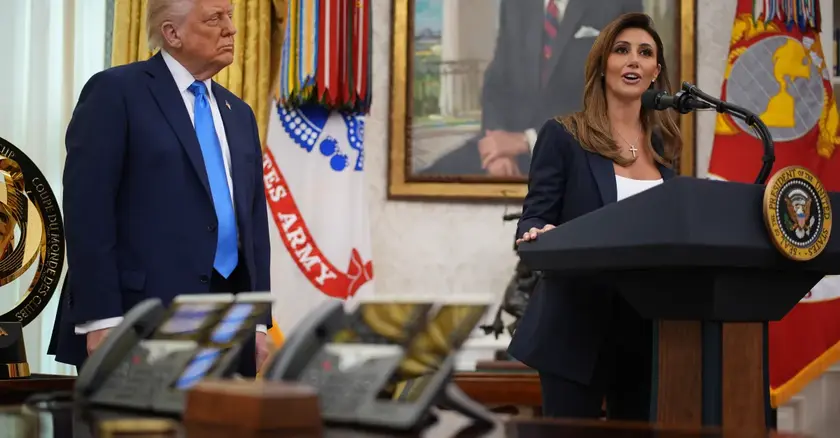
Alina Habba's interim appointment as US Attorney in New Jersey expires

Judges replace Trump's nominee Alina Habba
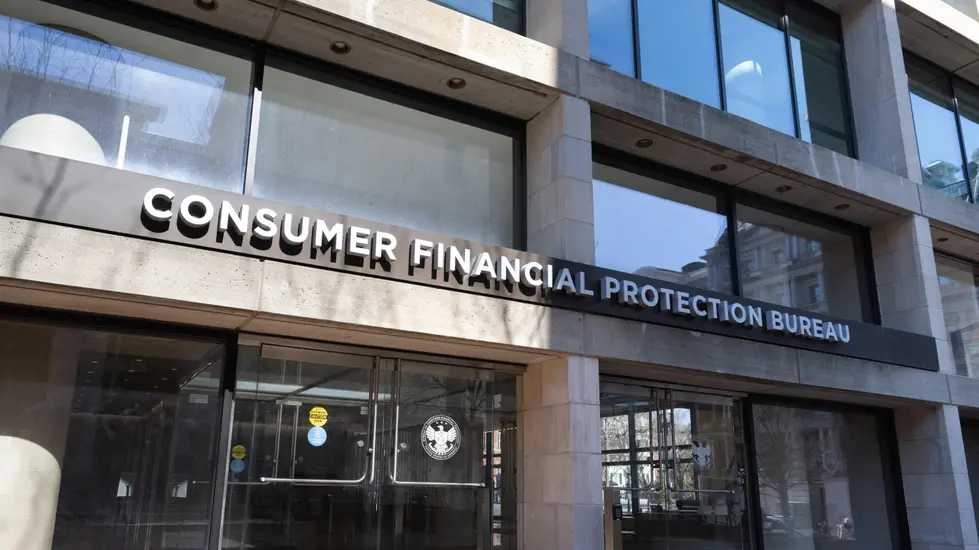
CFPB layoffs approved by appeals court
